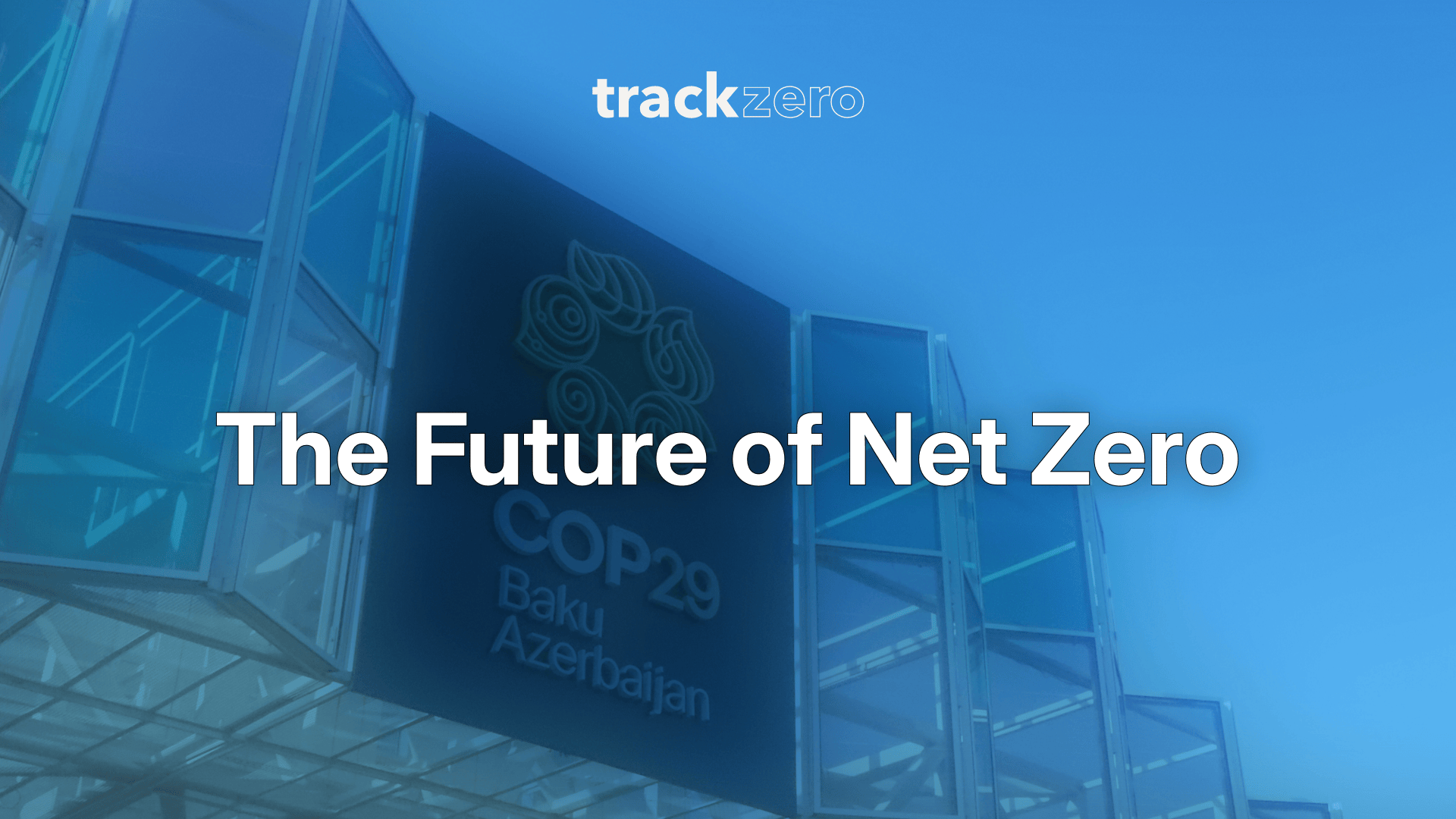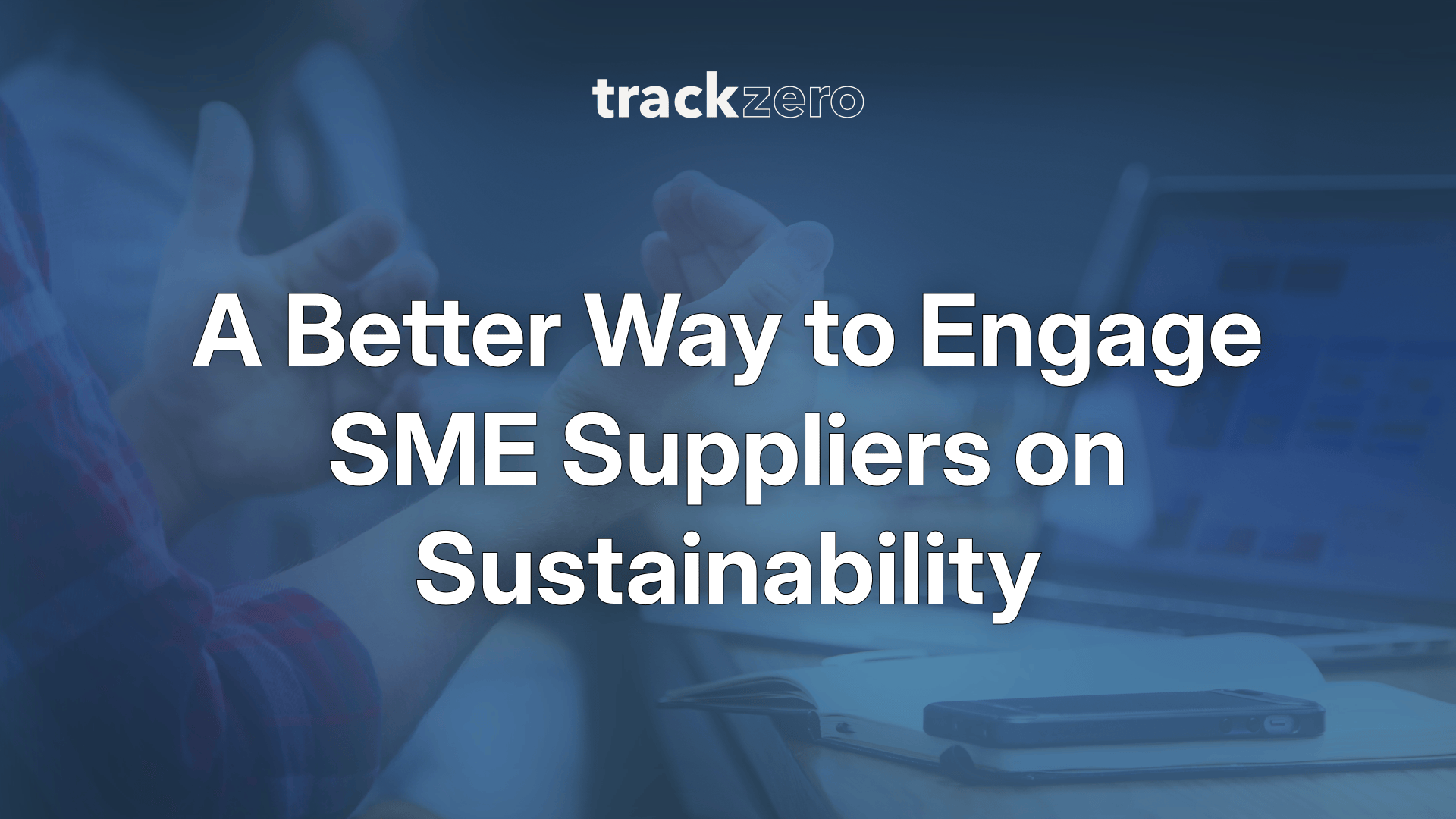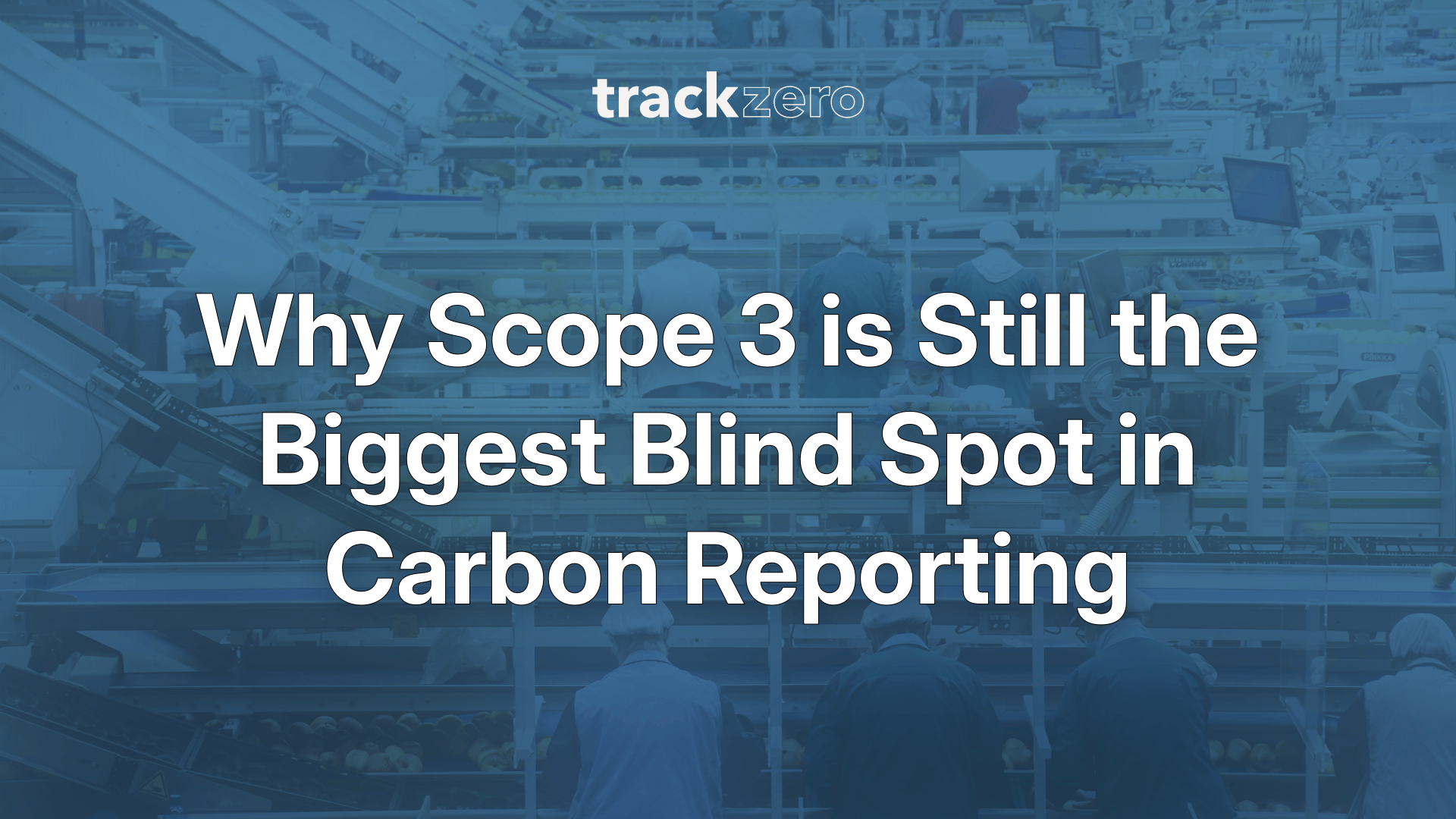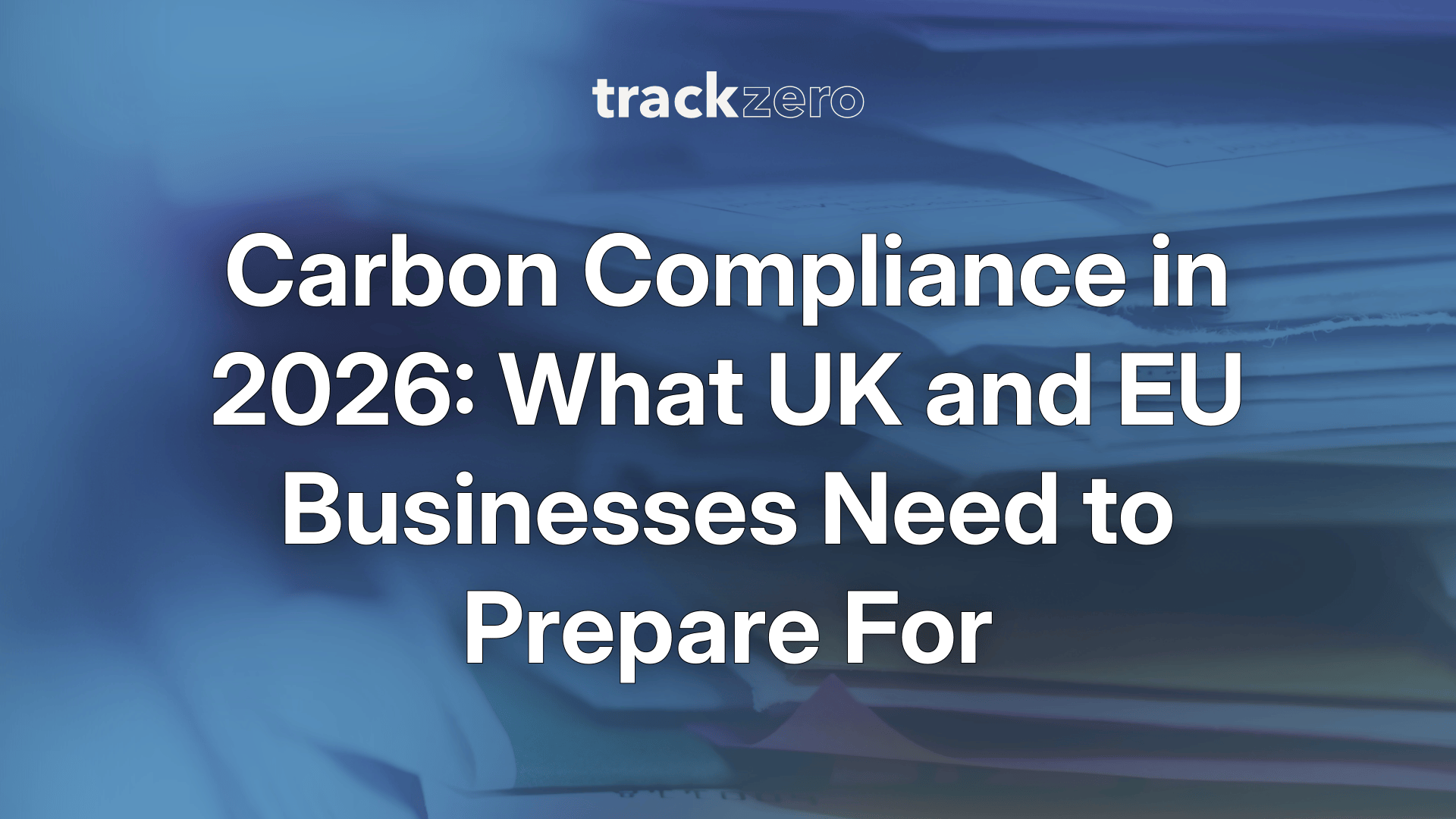The quest for net zero is global, but the progress is uneven. Over the last few years there has been a lot of discourse around net zero plans; whether they are realistic, feasible, false promises, the list goes on...
In the UK, recent parliamentary research shows a mix of ambition, setbacks and the challenge of translating policy into action. Meanwhile, while the US has stepped back, other countries are holding firm with 137 of 198 national governments (incl. EU and Taiwan) having set net-zero targets. In this blog, we will take a look at the current state of net zero targets and conversations, ahead of COP30 next month, to sketch out what the future of net zero looks like.
The UK
The UK has a legally binding net zero target for 2050, but in 2022 a High Court Judgement found that the strategy was unlawful under the Climate Change Act 2008 and ruled that the government should set out more detail on how it aims to meet its carbon budgets and net zero. In response, the government is required to publish the Carbon Budget and Growth Delivery Plan this month, October 2025, updating and expanding the previous Carbon Budget Delivery Plan. The Climate Change Committee (CCC) sees net zero as still "within reach" if the government maintains momentum, though it warns that most historic progress came from decarbonising electricity; Moving beyond this will be far more challenging, sectors like transport, heating, industry, and land use are harder to abate and require significant technological innovation, investment, and coordinated policy action.
Finance is a critical aspect. The government has signalled green investment programs, but private sector mobilisation is essential. Large organisations, particularly those with SME-heavy supply chains, face both compliance and engagement challenges going forward: collecting accurate emissions data across thousands of suppliers is complex but necessary for scope 3 reporting.
The repeated court rulings on the UK Net Zero Strategy underscore that ambition alone is insufficient. Detailed, transparent pathways backed by regulatory oversight, clear milestones, and enforceable plans, are necessary to maintain credibility and drive meaningful reductions.
Globally
The latest Net Zero Stocktake, published September 2025, provides an interesting overview of what's going on across countries and regions in the world. Despite the back-pedalling of the US and some large corporations, target-setting is still rising, with Net Zero Targets set by:
- 137 countries, up from 124 in 2020.
- 216 states and regions, up from 73 in 2020.
- 337 cities, up from 115 in 2020.
- 1245 companies, up from 417 in 2020 (!!)
This shows the growing pressure for sustainability, particularly with that staggering increase in companies. That being said, integrity of targets remains low. Only 7% of companies, 6.5% of regions, and 4% of cities meet all minimum procedural and substantive integrity requirements, though company and city progress has climbed modestly in the past year.
Notably, renewable energy overtook coal as the world's leading source of electricity in the first half of this year, according to Ember. While electricity demand is growing globally, the growth in solar and wind energy met 100% of this extra demand and slightly decreased use of coal and gas.
Despite this overall momentum, not all have followed this trend. Several high-profile companies have scaled back or abandoned their net-zero commitments, highlighting the challenges of translating ambition into credible action across the world:
Banks and financial institutions: Major US banks, including JPMorgan Chase, Citigroup, and Goldman Sachs, recently exited the Net-Zero Banking Alliance, citing political pressures and regulatory uncertainty under the Trump administration. However, overall company commitments in the US grew by 9% in the past year.
Consumer brands: Almost two-thirds (63%) of the Forbes Global 2000 have net zero targets, however some consumer brands have re-evaluated. For example, Ralph Lauren retired its 2040 net-zero target and is now focusing on rolling five-year greenhouse gas reduction milestones, beginning with a 30% reduction by 2030. The company has already achieved a 34% reduction in absolute emissions since 2020, surpassing its original 2030 target.
This decision has drawn criticism from some observers who see it as a step back. However, it also highlights an important point: having concrete, achievable targets with measurable near-term outcomes can be more effective than long-term aspirational goals, ensuring that real emissions reductions are delivered rather than just promised.
COP30: What to watch
COP30, the 30th UN Climate Change Conference, will take place in Belém, Brazil, from 10th to the 21st November 2025. The summit is expected to be a pivotal moment for global climate action, as it represents the first global stocktake under the Paris Agreement, assessing whether collective efforts are on track to limit warming to 1.5°C.
The updated Nationally Determined Contributions (NDCs) will be a key focus, with countries expected to present revised climate action plans. COP30 will evaluate whether these pledges are ambitious, credible, and actionable, particularly in hard-to-avoid sectors like heavy industry, aviation, and shipping.
The outcomes of COP30 will send signals to countries, businesses, and investors about whether global commitments can move from ambition to measurable, credible action, shaping the trajectory of net-zero implementation in the years to come.
Moving Forward
The journey to net zero is global, ambitious, and, at times, unclear. The UK faces legal and technical hurdles, while corporate commitments worldwide, from renewable energy leaders to brands, illustrate both progress and the challenges of maintaining credible, measurable action.
Despite the discussions, debates, misleading headlines and jargon, the hard data shows that net zero remains a defining priority. More governments, businesses, and cities are setting targets than ever before, and while integrity gaps persist, momentum is undeniable.
The task ahead is to move from ambition to action: credible pathways, transparent reporting, and achievable milestones that deliver real-world impact. The future of net zero will be determined not by the promises we make today, but by the measurable progress we deliver tomorrow.
We are looking forward to reading the UK's new Carbon Budget and Growth Plan, as well as seeing what comes of COP30. They will reveal whether momentum can be sustained and if net zero can truly shift from aspiration to reality.




